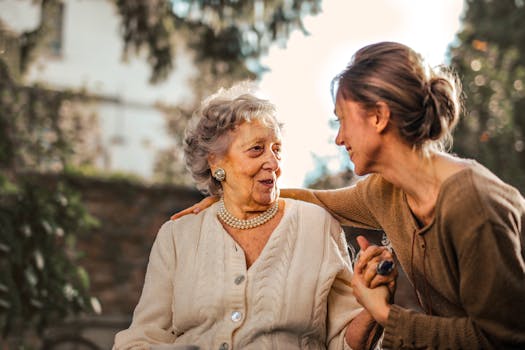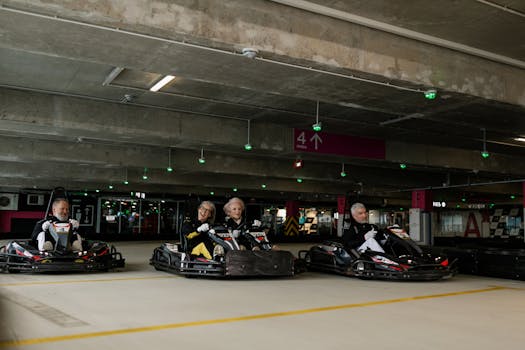You could do a college course, which may help you when applying for more senior care jobs.
Courses include:
- health and social care
- adult care
- health and social care management
- T Level in Health
Entry requirements
Entry requirements for these courses vary.



